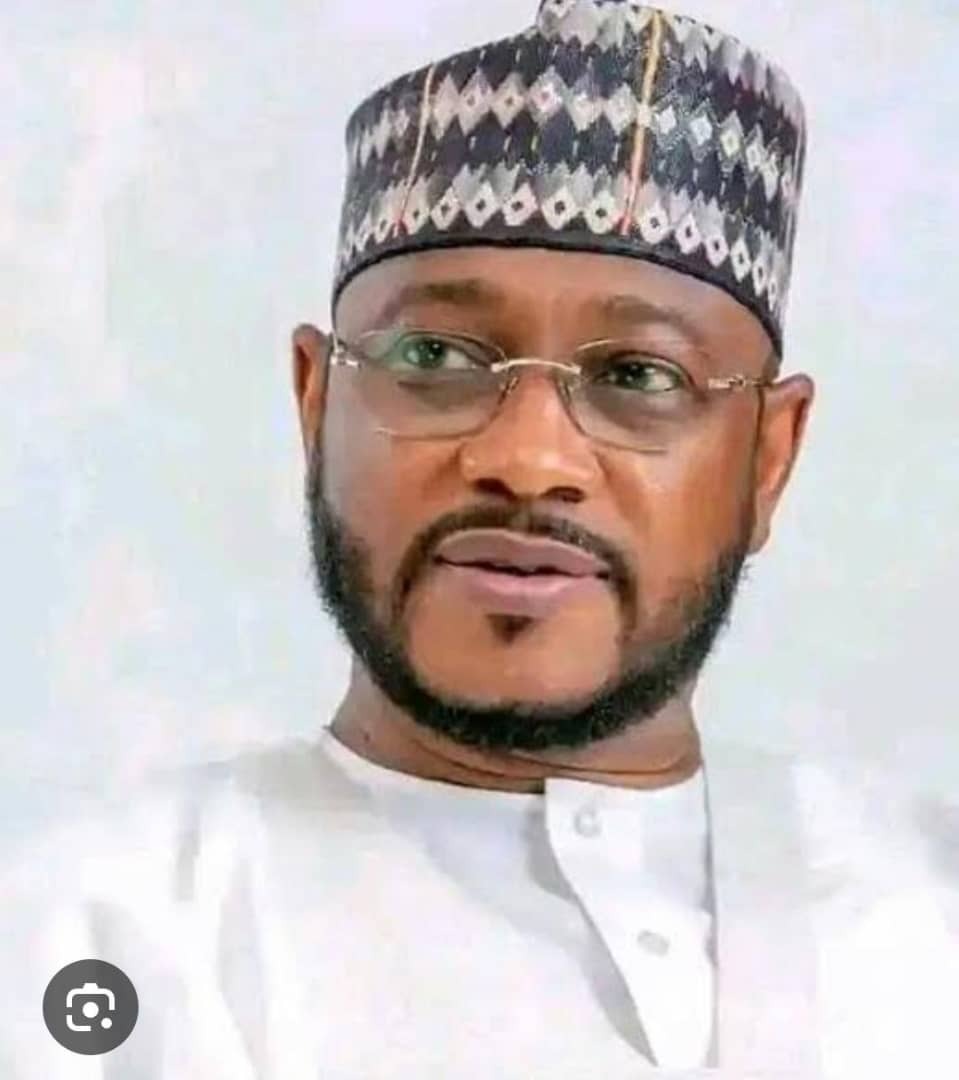Amid mounting insecurity and escalating violence across several parts of the country, the 36 state governors, under the auspices of the Nigeria Governors’ Forum (NGF), are currently meeting with the Chief of Defence Staff (CDS), General Christopher Musa, to deliberate on the deteriorating security situation and chart a way forward.
The meeting, which commenced after 9 p.m. in Abuja, comes just ahead of the scheduled National Executive Council (NEC) meeting slated for Thursday at the Presidential Villa.
Topping the agenda was the urgent need to address the rising wave of killings and large-scale destruction of property that has plagued communities in states such as Plateau, Benue, Niger, and others in recent weeks.
The NGF’s engagement with General Musa reflects the growing alarm at subnational levels over the frequency and brutality of attacks, many of which have displaced thousands and shaken public confidence in the nation’s security architecture.
It was gathered that the governors sought first-hand briefings from the CDS on the current operations of the armed forces, gaps in response strategies, and the role state governments can play in supporting the military’s efforts to restore peace and stability.
Governors present at the meeting as of press time included AbdulRahman AbdulRazaq of Kwara, Godwin Obaseki of Edo, Hope Uzodinma of Imo, Dauda Lawal of Zamfara, Seyi Makinde of Oyo, Dapo Abiodun of Ogun, Abdullahi Sule of Nasarawa, and Douye Diri of Bayelsa, among others.
Although official details of the meeting’s outcomes were still pending, NGF insiders described the session as “strategic and necessary,” especially given the upcoming NEC meeting where broader security and governance issues are expected to take centre stage.
A communiqué is expected to be issued after deliberations are concluded.










